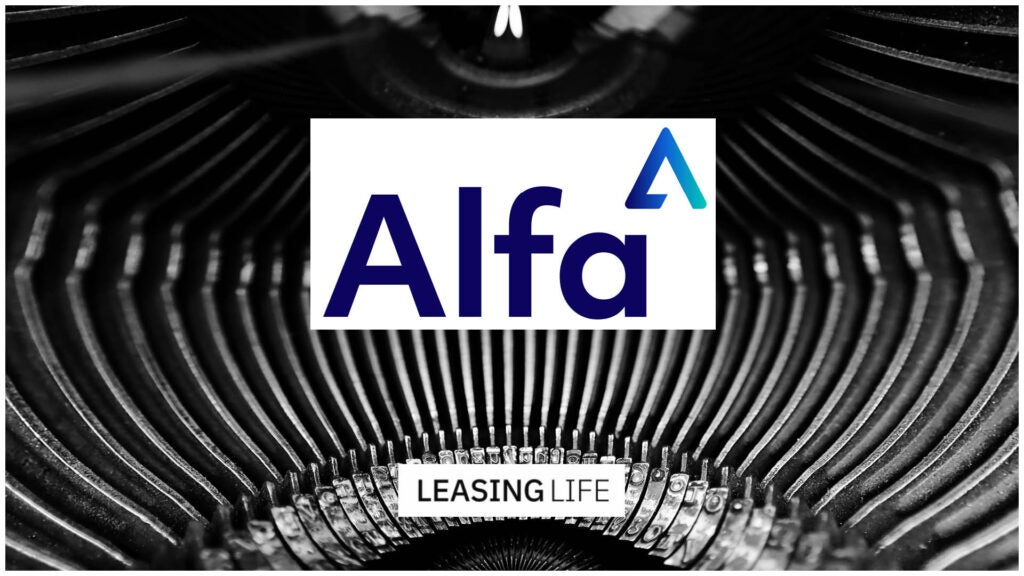Representations that equipment was fit for purpose created enforceable collateral contract
Lessors need to ensure that the contractual provisions in their lending agreements provide them with protection when the goods, the subject of the leasing agreement, turn out not to be fit for purpose.
This was the position in Albury Asset Rentals Ltd v Ash Manor Cheese Company Ltd (Pt 20 claimant) and Manton Hire and Sales Ltd (Pt 20 defendant) in which Albury financed the purchase by Ash of a forklift supplied by Manton. The forklift was to be used in Ash’s three warehouses.
Manton’s representative visited the warehouse, took measurements of the racking arrangements within which the forklift would work and recommended a suitable model.
However, following delivery, the forklift did not actually fit within the racking in two out of the three warehouses.
Ash sought to reject the forklift and cancel the hire agreement on the basis that the forklift was not fit for purpose. Ash stopped all payments under the hire agreement.
How well do you really know your competitors?
Access the most comprehensive Company Profiles on the market, powered by GlobalData. Save hours of research. Gain competitive edge.

Thank you!
Your download email will arrive shortly
Not ready to buy yet? Download a free sample
We are confident about the unique quality of our Company Profiles. However, we want you to make the most beneficial decision for your business, so we offer a free sample that you can download by submitting the below form
By GlobalDataThe wording of the hire agreement provided that the hirer acknowledged it had selected the equipment for its own use and relied on its own skill and judgment.
It also provided that: "The hirer expressly agrees and acknowledges that the lessor has given no warranty, condition or undertaking, whether express or implied by statute or common law in respect of the equipment.
"All implied terms, conditions and warranties relating to the quality, fitness for purpose and freedom from defects are expressly excluded to the full extent permitted by law. The hirer is not entitled to a rebate or remission on rentals whilst the equipment is unusable or for any other reason."
The agreement also provided that the hirer had selected the equipment and agreed that the terms of the exclusion of liability clause (as set out above) were reasonable.
Albury was entitled under the hire agreement to treat the failure to make rental payments when due as a repudiation of the agreement.
Albury duly terminated the agreement and brought proceedings for the recovery of all sums due under the hire agreement, less a discount for early payment.
Despite initially defending the proceedings on the basis that Manton acted as Albury’s agent, Ash had no defence and settled the proceedings by paying all sums due, interest and Albury’s legal costs.
Ash then successfully brought a claim for indemnity against Manton in respect of its liability to Albury.
It was held that Ash had entered into the hire agreement in reliance on, and in consideration of, the representation or warranty by Manton that the forklift was fit for the purpose, and that representation or warranty was enforceable as a collateral contract.
Comment
The wording of Albury’s exclusion of liability clause was such as to ensure there was no liability on it for the representations made by the supplier.
Leasing companies should ensure that exclusion of liability clauses in their leasing agreements are also sufficiently robust, without falling foul of the reasonableness test in the Unfair Contract Terms Act 1977.
Greg Standing is a partner in Wragge & Co’s finance litigation team








